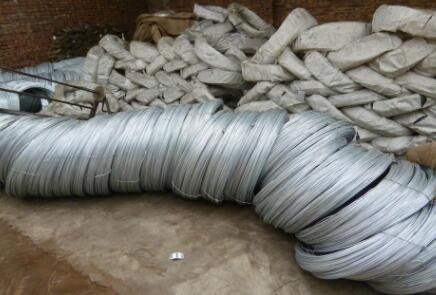Understanding Masonry Nails for Concrete Applications
When working with masonry construction materials, one of the critical components that ensure structural integrity and durability is the fasteners used. Among these, masonry nails hold particular significance, especially in applications involving concrete. This article will explore what masonry nails are, their types, uses, and best practices when working with concrete.
What are Masonry Nails?
Masonry nails are specialized fasteners designed specifically to attach materials like wood, metal, and other substrates to masonry surfaces such as concrete, brick, and block. They are usually made from hardened steel to provide the necessary strength and durability required to penetrate tough surfaces without bending or breaking.
Types of Masonry Nails
There are several types of masonry nails suitable for different applications
1. Common Masonry Nails These are typically used for general purposes and can be used for fastening wood to concrete. They come in various lengths and diameters to accommodate different materials.
2. Concrete Nails These nails are designed explicitly for use in concrete. They are often thicker and shorter than common nails, featuring a fluted shaft that enables them to anchor firmly into the concrete.
3. Specialty Nails Some masonry nails come with coatings or specific features for added durability, corrosion resistance, or specific construction needs. For example, galvanized masonry nails are excellent for outdoor applications where moisture is a concern.
4. Ring Shank Nails These nails have rings or ridges along their shaft, providing extra grip in the masonry material to reduce withdrawal force. They are particularly useful for heavy-duty applications.
Uses of Masonry Nails
masonry nails for concrete

Masonry nails are used in various applications, including
- Securing Framing In construction, masonry nails can be used to attach wooden frames to concrete foundations. - Installing Fixtures They are also ideal for hanging shelves, installing lighting fixtures, or other components directly onto concrete walls.
- Repair and Renovation During renovation work, masonry nails help to secure new materials to existing masonry structures, creating a stable and cohesive assembly.
Best Practices for Using Masonry Nails
Using masonry nails effectively requires some careful consideration
1. Pre-drilling Holes For tougher concrete surfaces, pre-drilling holes may be necessary to prevent the nails from bending or breaking during installation. Using a hammer drill equipped with a masonry bit can make this process easier.
2. Choose the Right Size Selecting the correct size and type of nail is crucial to ensure a strong hold. The nail should be long enough to embed deeply into the concrete while being short enough to avoid any structural conflict.
3. Hammer with Care When driving masonry nails, a consistent and steady hammering technique is essential. Applying too much force can lead to bending, while too little may not embed the nail adequately.
4. Assess Moisture Issues If working in areas where moisture is a concern, opt for galvanized or coated nails to prevent rust and corrosion over time.
Conclusion
Masonry nails are an indispensable tool in the construction and renovation industries, particularly when working with concrete. Understanding the different types of masonry nails, their uses, and best practices for installation can enhance the quality and longevity of a project's structural integrity. Whether you are a professional contractor or a DIY enthusiast, acquiring the right knowledge about masonry nails can significantly impact your construction efforts.

















